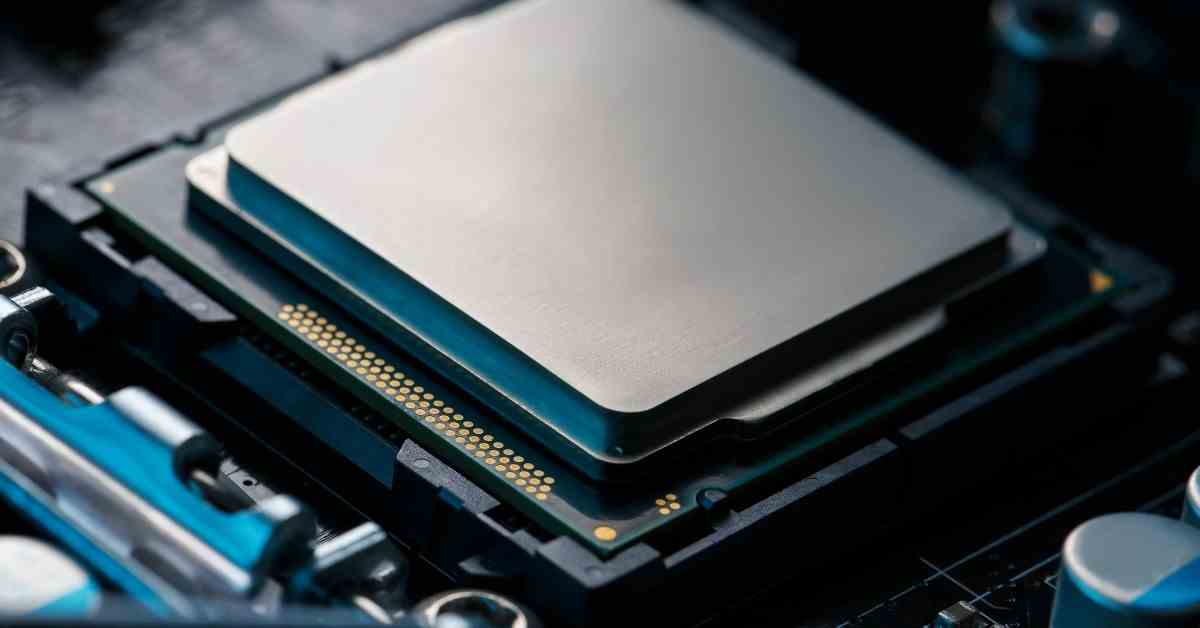Revolutionary Bioprocessor Uses Human Brain Tissue, Saves a Million Times More Power
Published May 28th, 2024 2:59PM EDT
A Swiss startup called FinalSpark has made a groundbreaking achievement by creating the world’s first bioprocessor. This bioprocessor is part of an online platform that grants remote access to 16 human brain organoids. What sets FinalSpark’s neuroplatform apart is its ability to provide access to biological neurons in vitro while consuming a million times less power than traditional processors.
The company claims that the bioprocessor is not only energy-efficient but also capable of learning and processing information. In a research paper, FinalSpark compared the power consumption of training an LLM like GPT-3 to illustrate the efficiency of their bioprocessor. The potential power-saving capabilities of this bioprocessor could revolutionize the use of processors, especially in scenarios where power consumption needs to be minimized.
The neuroplatform behind FinalSpark’s bioprocessor operates on a unique architecture known as “wetware,” which integrates biology, software, and hardware. It utilizes four multi-electrode arrays to house 3D cell masses made of brain tissue, with each array containing four organoids, totaling to 16 organoids for processing.
While the bioprocessor shows promise, the scalability of the platform remains a question. Only nine institutions currently have access to the remote computing platform, with a subscription fee of $500pcm per user in a specific type of cryptocurrency. The challenge lies in effectively distributing the processing power of the 16 organoids across multiple operations.
In conclusion, FinalSpark’s achievement in creating the world’s first bioprocessor marks a significant milestone in the field of processor technology. The energy-efficient and innovative capabilities of this bioprocessor could pave the way for new advancements in processing power and efficiency.
